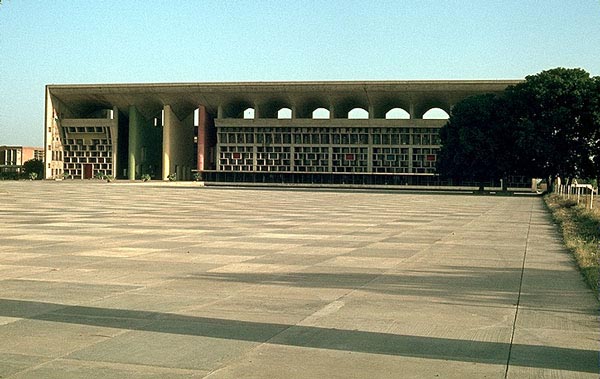
Punjab & Haryana High Court to deliberate on who qualifies as Sikh under Gurdwara Act of 1925
On September 19, a full bench of the Punjab and Haryana High Court will begin hearing arguments to decide the constitutional contours that define a Sikh under the Gurdwara Act of 1925. The decision will have important consequences, such as whether sahajdhari Sikhs ought to have voting rights in SGPC elections.
 I’m not completely sure how the courts in India work, but the full bench seem to be joining two unrelated cases, that both turn on the definition of a Sikh, under the Gurdwara Act of 1925.
I’m not completely sure how the courts in India work, but the full bench seem to be joining two unrelated cases, that both turn on the definition of a Sikh, under the Gurdwara Act of 1925.
One:
. . . a plea filed by Gurleen Kaur whose candidature for an MBBS seat in the SGPC-run Guru Ram Dass Institute of Medical Education & Research, Amritsar had been rejected. . . Significantly, the college had a 50 per cent quota for Sikhs but Gurleen was denied the seat on the ground she did not fit the “definition of a Sikh in the purest sense of the term”. In fact, she was dubbed a ‘patit’ Sikh, a term referring those Sikhs one trim their hair or pluck their eyebrows. [link]
Two:
Another plea, filed by the Sahajdhari Sikhs Federation of India, also raised an important query as to whether ‘sahajdhari’ Sikhs, meaning those who don’t sport long hair and a beard, should be given rights to participate or vote in SGPC polls. [link]
To have courts decide such a religious issue may seem surprising or invasive to those more familiar with American legal tradition where religion is articulated as belonging in the private sphere of life and protected from state interference. But in the Indian vision of secularism, where religion pervades nearly every act made by an individual, such a separation would be impossible. In general (speaking from my limited experience), Indian judges have interpreted religious rules liberally (when not in conflict with social reform). My guess is that Gurleen will get her seat at the Guru Ram Dass Institute.














very nice one post
very good post
Gurdwaras Act, 1925 (Punjab Act 8 of 1925), hereinafter called “the principal Act”, the said section having been added to the principal Act by the Sikh…Sikh Gurdwaras and Shrines Act was passed: this did not satisfy the Sikhs and in 1925 the principal Act was passed, as its preamble states, “for the better administration of certain Sikh …S.K Das, J.— This is a petition under article 32 of the constitution in which the petitioners challenge the constitutional validity of Section 148-B of the Sikh…
Best indian astrologer in Maryland